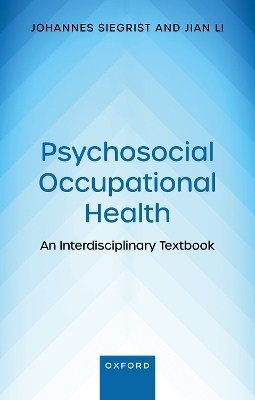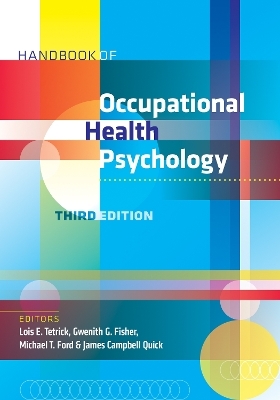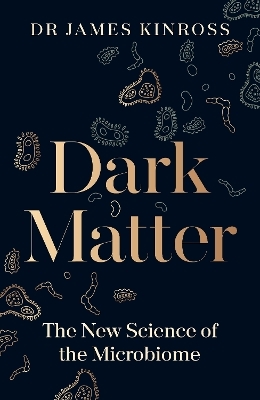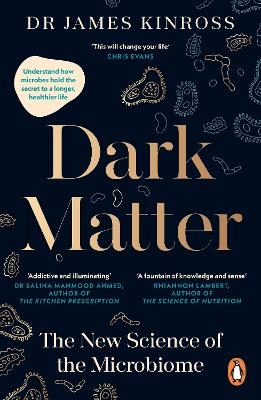
Psychosocial Occupational Health
Oxford University Press (Verlag)
978-0-19-288792-4 (ISBN)
Work and employment are central to people's lives, health, and wellbeing. Through participation in the labour market, income and related life chances are improved, social protection and security are strengthened, and important psychological and social needs are met, such as striving for skill development, autonomy, social recognition, and social belonging. Yet, globally, only a minority of working people experience these favourable conditions. In developing countries, substantial parts of the population are excluded from paid work, or are confined to informal, poor, and dangerous work. In developed countries, adverse working and employment conditions contribute to a burden of disease. With the advent of economic globalisation and ground-breaking technological innovations, new occupational health risks have emerged, such as stressful high psycho-mental work pressures, increased job insecurity and flexibility, and widely prevalent social tensions and conflicts. These risks are aggravated by two global challenges, the COVID-19 pandemic and climate change. How can professionals who are committed to occupational health cope with these challenges?
This book provides a comprehensive review of scientific evidence dealing with the far-reaching changes and challenges of modern work and its impact on health. It extends conventional occupational medicine by introducing essential knowledge on the psychosocial dimensions of work and health, bridging social and behavioural sciences with biomedical research.
Opening chapters cover the conceptual and historical background of the field, followed by a section on the theoretical and methodological bases of knowledge. The next part looks at empirical evidence on psychosocial work-related health effects derived from epidemiologic investigations and studies, with a focus on cardiovascular and metabolic diseases and mental disorders. The fourth part addresses the effects of disease and disability on work and employment opportunities and related coping efforts. Finally, options of prevention and health promotion at the level of organisation and of national labour and social policies are discussed.
Written for future and current occupational health professionals, students and researchers with an interest or specialisation in occupational health, and practitioners and diverse stakeholders dealing with these topics, this book serves as a source of scholarly evidence, shaping knowledge and skills to address new challenges and promote a future economy of decent, sustainable, and healthy work.
Johannes Siegrist is Professor Emeritus of Medical Sociology at the Centre for Health and Society, Heinrich-Heine-University Düsseldorf, Germany. He was Professor of Medical Sociology at the University of Marburg, Germany from 1973-1992 and at Heinrich-Heine-University Düsseldorf, Germany from 1992-2012, where he later became Senior Professor (2012-2021). He was also Visiting Professor at Johns Hopkins University School of Public Health, Baltimore USA in 1981, and at Utrecht University, The Netherlands in 1994. Professor Siegrist's main research is on social determinants of health with a focus on psychosocial work environments. He served as Chair/Member of international Task Groups, such as the WHO, ILO, and OECD, and past President of the International Society of Behavioural Medicine (ISBM) and the European Society of Health and Medical Sociology. His awards include Membership of Academia Europaea, Corresponding Membership of Heidelberg Academy of Sciences, and Lifetime Achievement Award of ISBM. Jian Li is Professor of Occupational Health in the Fielding School of Public Health and School of Nursing, UCLA, USA. His main research areas are in occupational epidemiology, psychosocial factors in the workplace, and work-related cardiovascular diseases and mental disorders. Professor Li's other positions include Co-Director of the Occupational Epidemiology Program at UCLA, in the U.S. National Institute for Occupational Safety and Health Southern California Education and Research Center (2021-present); Co-Chair of the Cardiovascular Disease Working Group, in the Cancer, Reproductive, Cardiovascular and Other Chronic Disease Prevention Cross-Sector Council, U.S. National Occupational Research Agenda (2022-present); and Vice-Chair of the Scientific Committee on Cardiology in Occupational Health, in the International Commission on Occupational Health (2022-present). He has received Early Career Awards from the ISBM (2006), the APA, NIOSH, SOHP jointly (2008), and STAR (2010).
Part I: General background
1: Psychosocial occupational health: A new perspective
2: The changing nature of work and employment in modern societies
Part II: Assessing psychosocial work environments and their relationship with health
3: Theoretical concepts of psychosocial work
4: Measurement methods, data collection and study designs
5: Data analysis and statistical modelling
Part III: Effects of work on health
6: Evidence from cohort studies
7: Evidence on psychobiologic pathways
Part IV: Effects of health on work
8: Working with a disease or disability
9: Organisational contexts and social change in rehabilitation
Part V: Prevention - the policy dimension
10: Prevention and health promotion at work: the organisational level
11: Healthy work in a national and international perspective
| Erscheinungsdatum | 16.01.2024 |
|---|---|
| Verlagsort | Oxford |
| Sprache | englisch |
| Maße | 138 x 215 mm |
| Gewicht | 500 g |
| Themenwelt | Geisteswissenschaften ► Psychologie ► Arbeits- und Organisationspsychologie |
| Medizin / Pharmazie ► Medizinische Fachgebiete ► Arbeits- / Sozial- / Umweltmedizin | |
| Studium ► Querschnittsbereiche ► Klinische Umweltmedizin | |
| Studium ► Querschnittsbereiche ► Prävention / Gesundheitsförderung | |
| ISBN-10 | 0-19-288792-0 / 0192887920 |
| ISBN-13 | 978-0-19-288792-4 / 9780192887924 |
| Zustand | Neuware |
| Informationen gemäß Produktsicherheitsverordnung (GPSR) | |
| Haben Sie eine Frage zum Produkt? |
aus dem Bereich


